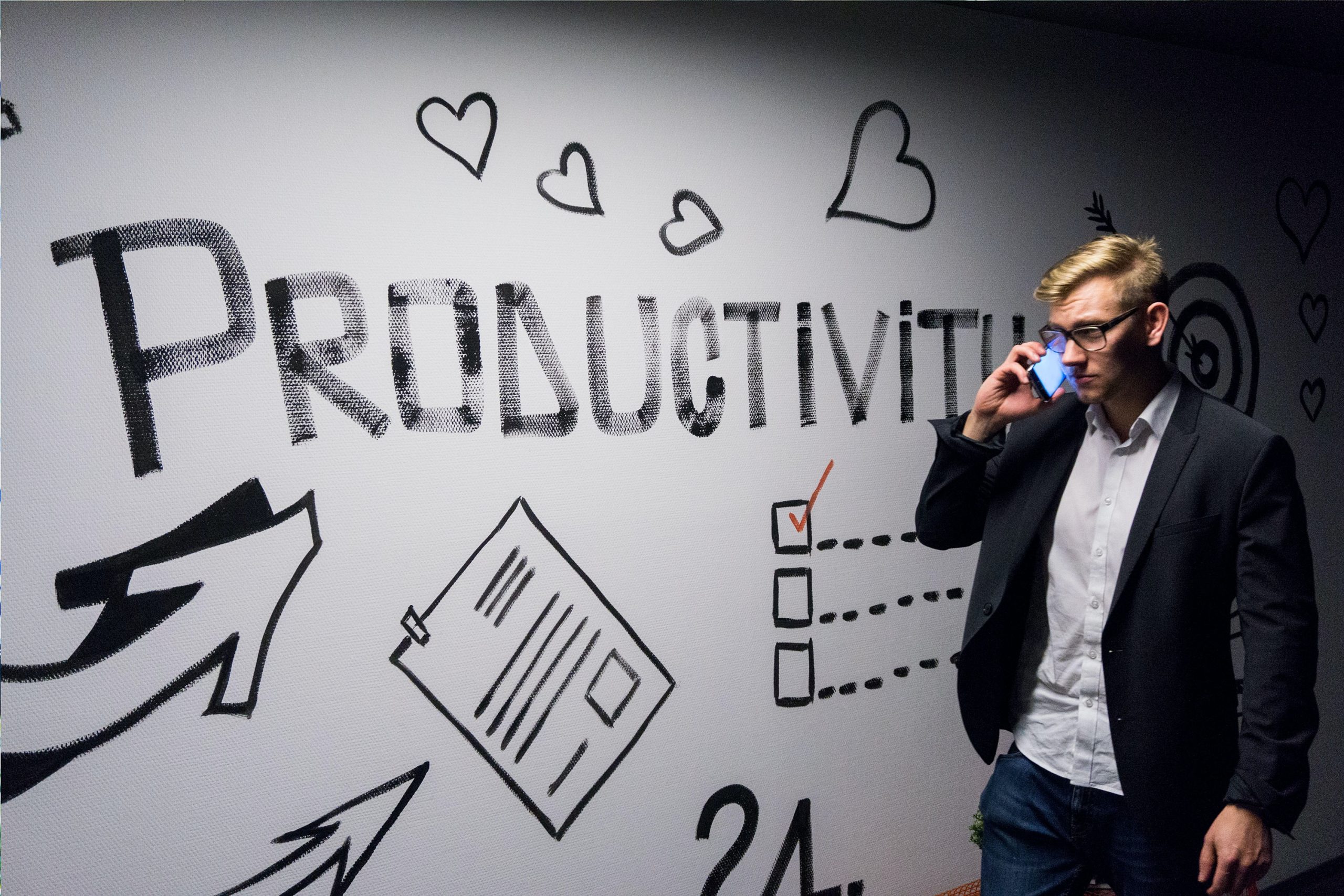Post coronavirus and post Brexit the role of leaders has changed. In some quarters they are reporting a crisis in retaining talent and recruiting to the top posts. There are calls from chief executives for a new type of leadership model to meet this challenge. However the characteristics of this new model leadership are not so new, a commitment to management development and learning bases on peer group learning sets, mentoring and coaching. The difficulty is that across the country training and development budgets have been slashed and this “new model” requires every tire of management to have development opportunities not just senior managers.
A real New Leadership model would ensure these opportunities are not restricted to a select few from each management tire but all managers with the aim of not simply identifying future senior managers but improving the quality of management at every level in the organisation. A tall order when the available rescues are so inadequate.
Or it would be if traditional methods were adopted and managers were sent on external courses, expensive consultants were brought in to facilitate groups or the local university contracted to run a leadership program. The resource that is required to deliver this new model is not money but time , management time. Starting from the principle that all managers are trainers the task is to free up managers time so that they can participate and facilitate corporate management /leadership learning sets, participate in executive coaching and act as a mentor to at least two managers a year.
The requirement to free up management time will most likely be met with a response that this is not doable in an already over crowded dairy. The example will need to be set from the top. If managers can’t find the necessary two half days a month, then either the top trier leadership team has failed to convey the importance they attach to management development or there is a problem with how managers prioritise their time. (Of course there is a problem with how managers prioritise their time, there are too many demands and too many priorities but learning how to resolve this is part of management development).
From my work as a director I have found that some managers feel uncomfortable with the roles of mentor and coach either because they do not agree that all managers are trainers or they feel ill equipped for the role. The corporate senior management team will have to model best practice. Some managers may need extra support but senior managers could reasonably be expected to address their own development needs after all most will have benefited from some form of peer group learning and mentoring even if it was an informal arrangement.
If this all sounds hopelessly unrealistic then I would point out that much that we now do would have been thought “ unrealistic “ 10 to 15 years ago and secondly I have direct experience of implementing this “new model” at directorate level.









